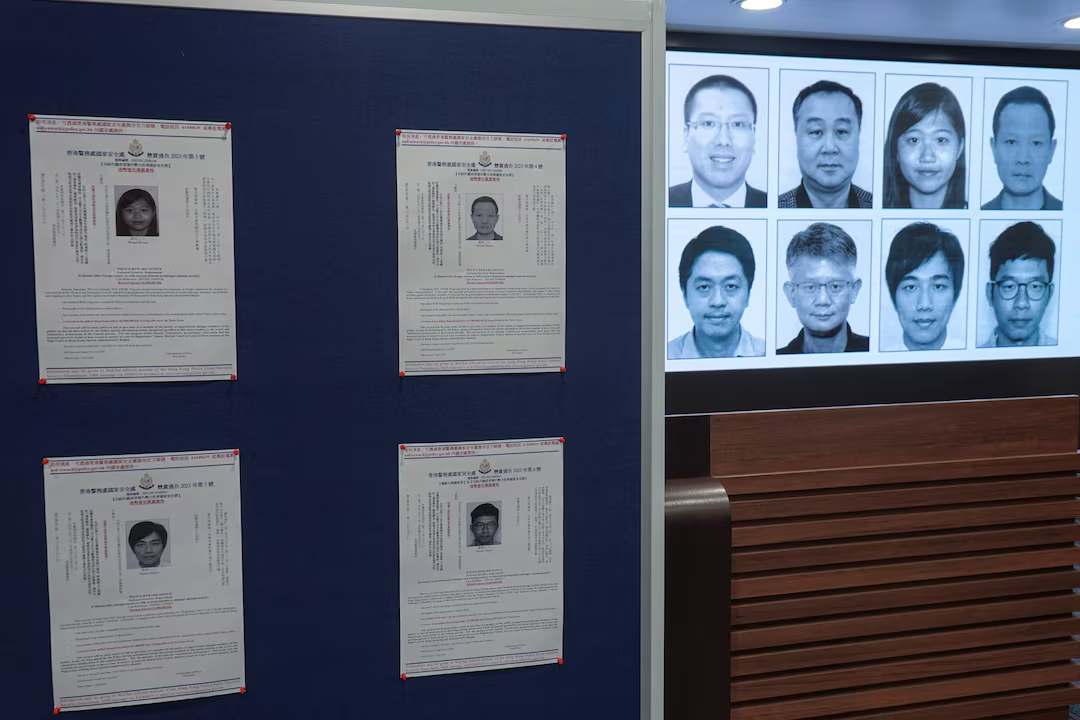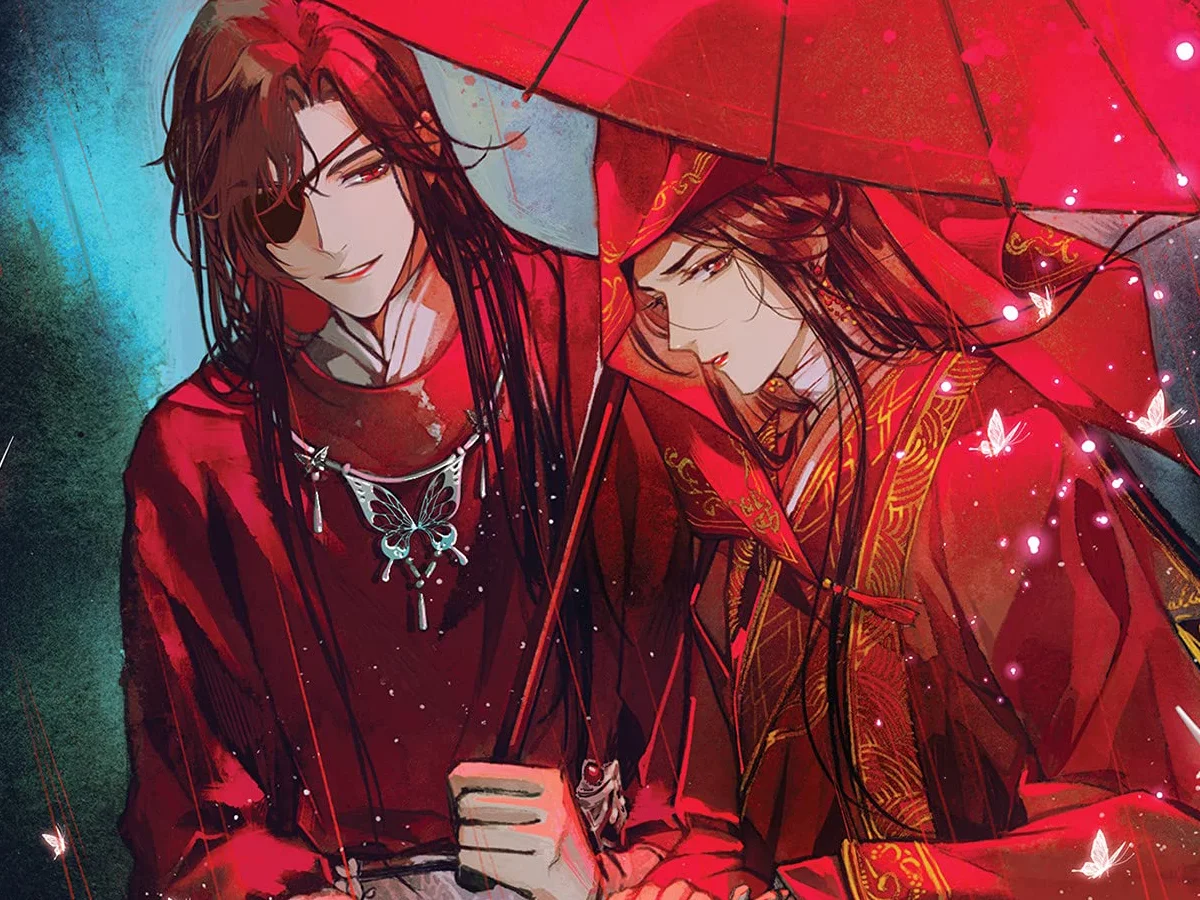Writers Targeted for Subversive Expressions
In an alarming crackdown, at least 30 women in China have faced arrest for publishing gay erotica, known as "danmei." This genre, which celebrates male-male relationships, has emerged as a powerful form of expression, particularly among young women in their 20s. The state’s response has been swift, labeling their creative work as "obscene material" under draconian pornography laws that disproportionately target queer expressions while allowing heterosexual content more leeway. This raises profound questions about censorship and the policing of female desire in contemporary China.
Legal Ramifications and Growing Fear
According to Varsity, those found guilty of distributing what the state deems obscene can face imprisonment for over ten years. This is not merely an attack on individual creators but a systematic effort to instill fear and suppress burgeoning subcultures that challenge traditional gender norms. The police action has led to a chilling effect, with many writers fearing arrest and declining to speak publicly about their experiences.

Hong Kong police issue arrest warrants for eight overseas ...
Community Support Amidst Oppression
Despite the risks, community support has surged, with dozens of lawyers offering pro bono assistance to those arrested. As reported by the Economist, the danmei community has mobilized online, advocating for the rights of writers and readers alike. The hashtag #HaitangAuthorsArrested garnered millions of views before being censored, highlighting the vibrant pushback against state censorship. This solidarity is crucial, as the crackdown not only targets authors but extends to their readers, with reports of police questioning fans of danmei literature.
Gendered Narratives and State Control
The state’s discomfort with danmei reflects broader societal anxieties surrounding female sexual agency. As Dr. Liang Ge from University College London noted, the genre allows women to explore desires that are often suppressed in traditional narratives. This is particularly threatening to a government eager to promote traditional family values amidst declining marriage and birth rates. By attacking this subversive form of literature, the Chinese government illustrates its fear of women asserting control over their narratives and desires.

China"s "rotten girls" are escaping into erotic fiction about ...
Economic Implications of Creative Expression
The crackdown has significant economic implications for writers and the creative industry at large. The danmei genre has not only cultivated a dedicated readership but has also led to lucrative adaptations in film and television. As reported, some danmei novels have fetched astonishing prices, with intellectual property (IP) rights being sold for millions. The state’s suppression of this vibrant sector not only harms individual creators but also stifles potential economic growth in a rapidly evolving digital landscape.
This systematic targeting of female authors illustrates how economic and cultural policies intersect in a repressive environment. As these women navigate the dangers of expressing their creativity, they are confronted with a stark reality: their words are not just expressions of art but are seen as threats to an authoritarian regime that fears their power.


![[Video] Hillary Clinton: Women's equality is the unfinished business of the 21st century](/_next/image?url=%2Fapi%2Fimage%2Fthumbnails%2Fthumbnail-1765096256004-4wn0xo-thumbnail.jpg&w=3840&q=75)

![[Video] Erdogan: Ethnic and religious diversity should not divide Turkey](/_next/image?url=%2Fapi%2Fimage%2Fthumbnails%2Fthumbnail-1764249656004-ion8m-thumbnail.jpg&w=3840&q=75)


![[Video] Gunfire between Iraqi security forces and Sadr militias in Baghdad](/_next/image?url=%2Fapi%2Fimage%2Fthumbnails%2Fthumbnail-1768343508874-4redb-thumbnail.jpg&w=3840&q=75)
